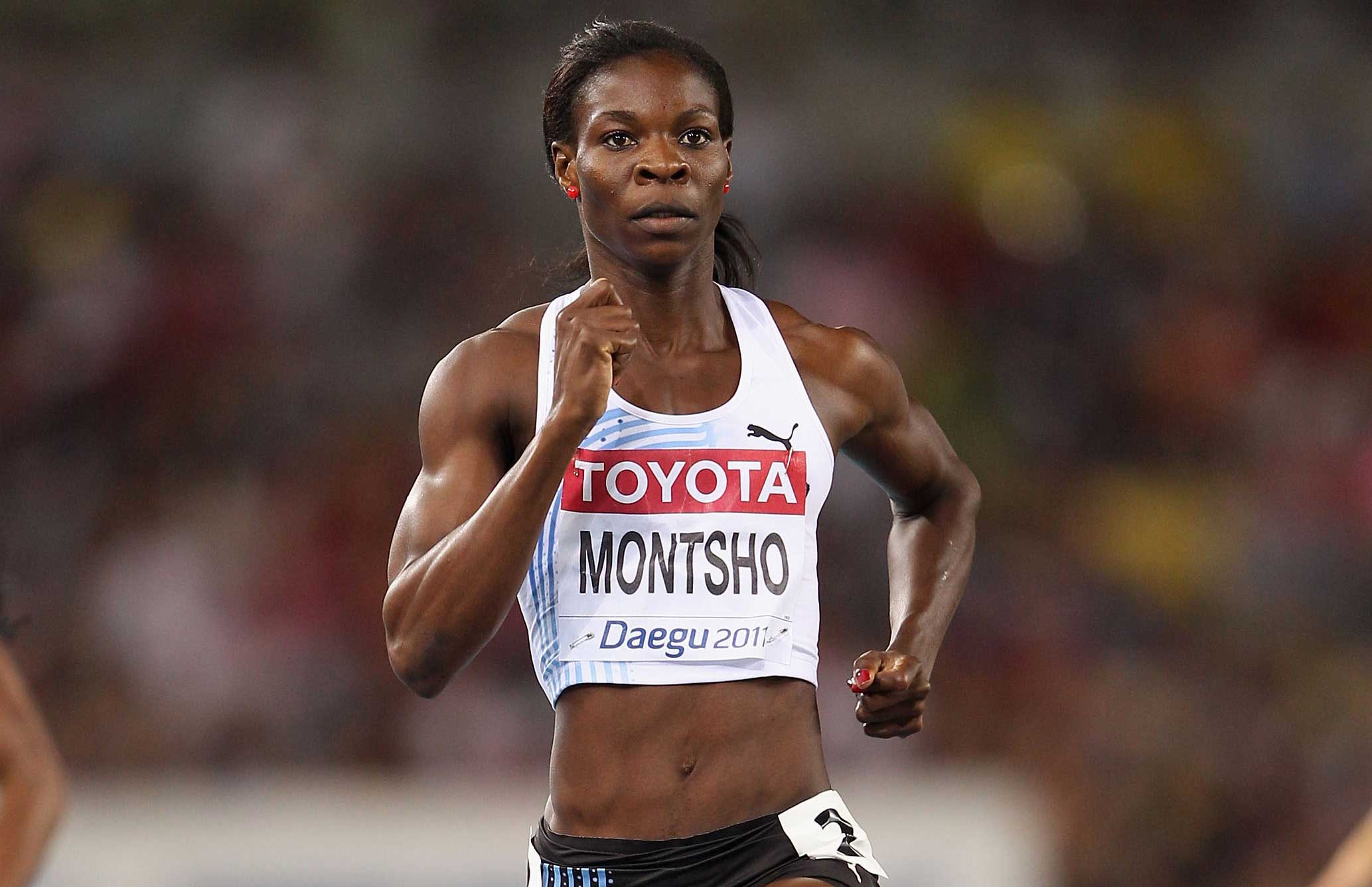With the IAAF World Championships just a few months away, Gazette Sports contributor TLOTLO KEBINAKGABO takes a look at why it is always difficult for local athletes to make it at the competition in 100m and 200m.
Over the years, local athletes have been qualifying with ease if not doing well at the competition in 800m and 400m but not in short sprints. The country barely had representation in the men’s 100m and the ladies 100m and 200m at the competition. The best performance that a local short race sprinter have dished at the competition was when Isaac Makwala finished sixth in 200m final with 20.44s in the previous edition which was held in London.
Witness how local athletes fail to do well in the race as constant 400m athletes in Lydia Jele and Amantle Montsho hold the ladies 100m and 200m national records respectively (11.39s and 22.89s). Another 400m athlete in Isaac Makwala holds the NR of 100m (10.20s) and 200m (19.77) to effectively show the gap between local athletes.
Strength and conditioning coach Kgoboko Kgoboko believes the reason why local athletes fail to do well in the short sprints is because of their usual poor preparations.
“These are very technical races that need proper preparation, one’s body has to be well prepared in all aspects if at all they are to do well in the races. So we need to take foundation preparation very serious in Botswana ” he said. “ Another aspect is the type of running shoes (spikes) that our athletes use, they have to be particularly meant for the race and our athletes usually take the issue lightly.”
Kgoboko went on to say the issue of temperature also plays a role in local athletes’ performances. “I mean it does not make sense to prepare for the races in hot temperatures of Botswana then go and compete on cooler conditions at Europe. Our training and competing periods have to be done in the evening when its a bit cooler so our athletes bodies can be used to the conditions.”
He is of the view that the sprinters’ training programs needs to be reviewed as well. “At times you will find a 100m athlete in a 400m race, what is that, are they going to compete in 400m? Our athletes ought to do programs purely meant for their races with proper frequency in order to tone their rhythm,” he said.
National team coach and former 100m athlete Justice Dipeba shared the same sentiments with Kgoboko stating that 100m and 200m, “are very technical and need full time coach with few athletes. I mean in that way the coach would get to thoroughly assess the athletes in training because in those races every step and phase is very critical, it needs to be done precisely.”




